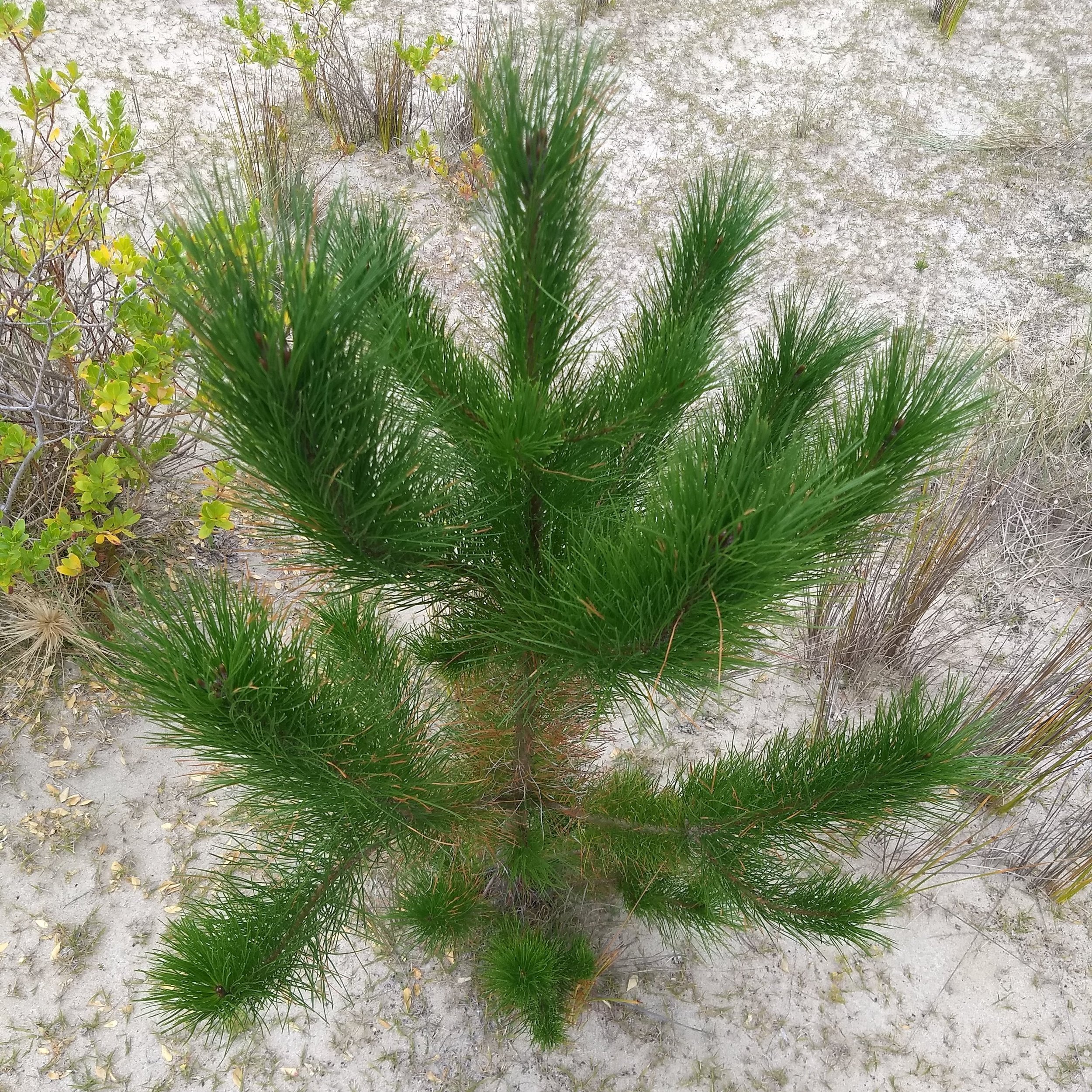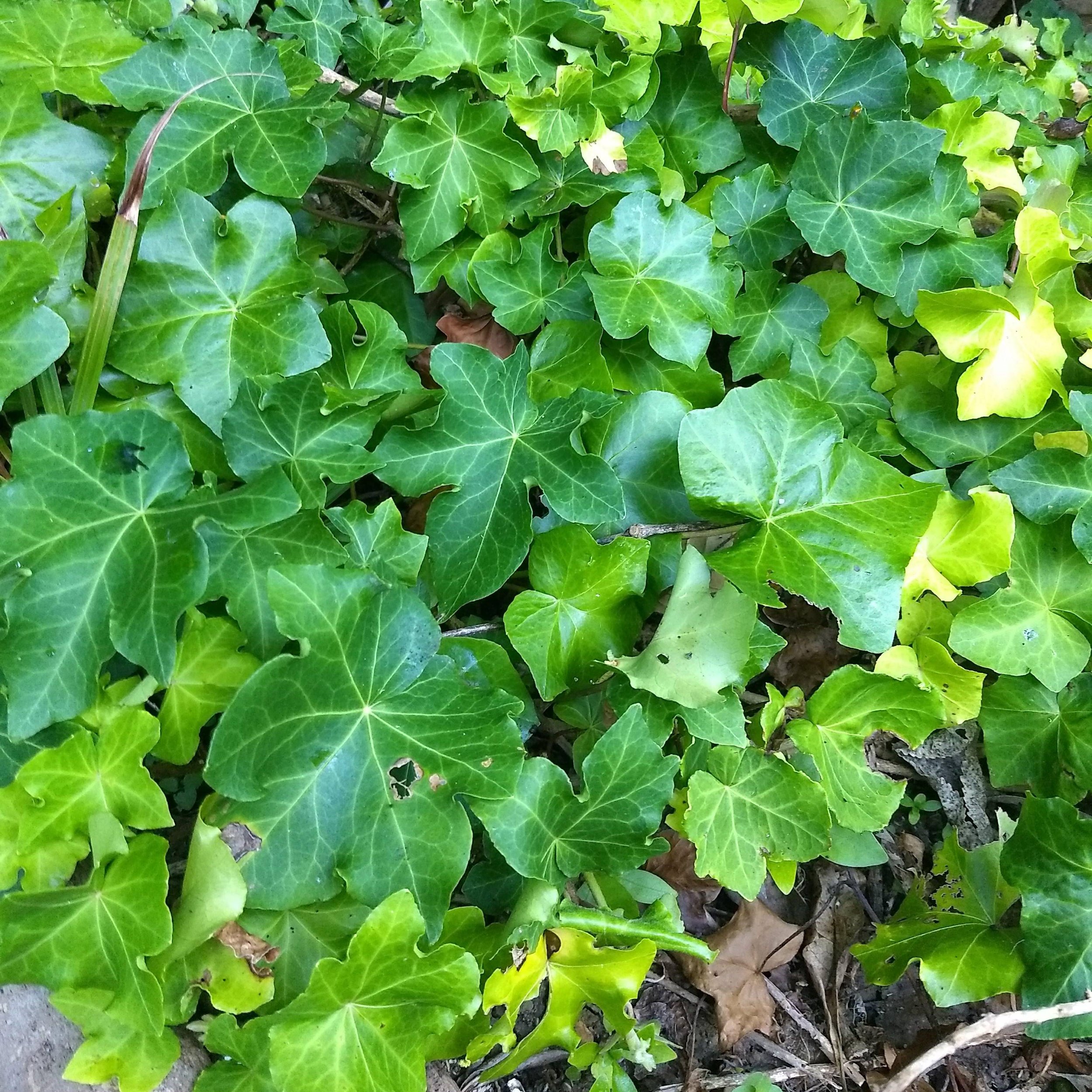CONTROL INVASIVE PLANTS
INVASIVE PLANTS
The Tutukaka Coast hosts many native plant species which are connected with all other local life forms. However, there are introduced plants invading our Coast. These invaders are plant ‘pests’ that threaten our native plant species and their habitats by out-competing them through quick maturing and spreading.
The Specialist Weed Assistance Team – S.W.A.T. Tutukaka is an operational group focused on plant pests, made up of volunteers from within the community and a project leader to coordinate activities. S.W.A.T. goes out in the field every week to control plant pests from public and sometimes private property. You can be part of this ACTION!
Get in touch today. Phone or text Silvia on 027 968 4087 or email info@tutukakalandcare.org.nz
Subscribe to our mail list to be alerted of our actions.
Also, if you need advice or help with the right information, tools or herbicide to control the weeds at your place call S.W.A.T. Our community weed control kit is available for your group.
Another local weeding action group, Puke Kopipi Restoration, works in Ngunguru. You can heck their work here or contact Robyn for info.
DIRTY DOZEN
The Dirty Dozen : 12 plants that are already making a significant impact on our native plants and places within the Tutukaka Coast area and are our first to target.
These plant pests are thriving in our warm climate and rich soils and they are out-competing our native species.
-

Wilding pines
Wilding Pines or Conifers (Pinus spp. , Douglas fir, Maritime pine or Radiata pine) are a national problem, they overwhelm our native landscapes, they suck the soil dry and their mulch and canopy discourages our native plants from growing. They are a real risk in areas where there is no native bush, they modify the natural ecosystems so much that our unique New Zealand landscape is lost and native plants and animals are evicted or die.
-

Climbing asparagus
Aparagus scandens or Climbing Asparagus and its allies (Asparagus scandens, A. asparagoides, A. aethiopicus) smothers the forest floor and under-story preventing the establishment of native plant seedlings. As it climbs it can ringbark and kill soft-barked shrubs and trees. These plant pests can live in dry poor soils and out- compete more delicate native species on the ground as well as our already vulnerable epiphytes.
-

Wild gInger
Wild Ginger, Kahili Ginger or Yellow Ginger (Zingiberaceae – Hedychium gardnerianum), is a real threat to our native species. It thrives in warm places that have rich and moist soils. Its rhizomes form dense clumps which push out all other species, including trees within native bush and on road sides and riverbanks.
-

Japanese honeysuckle
Japanese HoneySuckle or Lonicera japonica, spreads extremely quickly forming dense, layered mats which smother and collapse our native plants from the forest floor to mid-canopy. It provides a framework for other weedy climbers to invade further.
-

Tree privet
Ligustrum lucidum is one of four privets that are invading our coastline. It is linked to allergies for some people and is easily spread by birds. If it is left it can form almost pure dense stands that inhibit the growth of native species and dominate the canopy.
-

Queen of the Night
Or Night Scented Jasmine (Solanaceae – Cestrum nocturnum) is easily spread and forms dense stands with toxic berries and leaves that dominate the wet and shady spots on the forest floor. Its similar to a lot of native species but its distinct smelly ‘solanaceae’ smell gives it away; as does its green-white jasmine like flowers and smell in the night.
-

English ivy
English Ivy or common Ivy (Hedera helix) is destroying our native plants at all levels from the forest floor right through to the canopy. It grows on almost any surface smothering its host plants in dense mats which often lead to their collapse. Ivy covers the forest floor and stops our native seedlings from emerging. Birds spread its seed and cuttings take and grow quickly in almost any conditions.
-

Sweet pea shrub
Sweet Pea Shrub (Polygala myrtifolia) shades out other coastal species and spreads easily. It produces seed that is long lived and can grow under most conditions including poor sandy and rocky places. Its seeds spread through moving water and soil.
-

Cape ivy
Cape Ivy (Senecio angulatus) out-competes our low growing native species. It is spreading quickly and is smothering our low growing native species with its dense cover along our coastlines and on embankments. Cape Ivy flowers and seeds prolifically, quickly maturing into dense mats that are long lived. It is spread easily by seed or cuttings.
-

Moth Plant
Moth Plant or Cruel Vine (Araujia hortorum) is invading our native spaces, its vine strangles emerging species as it climbs into the canopy, where it fruits and spreads. Each pod contains 250- 1,000 seeds which are spread on tiny tufts by the wind for kilometres around!
-

Cotoneaster
Cotoneaster (Cotoneaster spp.) is taking over our margins and roadsides. A prolific seeder it is spread easily by birds and out-competes our native species. It matures quickly forming dense stands that out-compete our native shrubland species. It grows almost anywhere but prefers free draining soil. Because it is an attractive plant with white flowers and a red berries it's often left in cultivated garden plantings. From here it is easily spread by the birds into our public space
-

Woolly NIghtshade
Woolly Nightshade or Tobacco Plant (Solanum mauritianum) poisons the soil, which inhibits our native species from growing. It matures quickly, producing a purple flower which soon yields yellow fruit that birds find attractive and readily spread. The berries are moderately toxic to people (especially children) and to livestock. The leaves shed fine hairs when touched, which irritate the skin, eyes, nose and throat and in some cases cause trouble with breathing.
HOW WE CAN CONTROL THEM
JOIN US
Join us on our weeding missions to eliminate plant pests and help us maintain our biodiversity.
REPORT THEM
We appreciate not everyone is able to remove these plant pests, so just let us know if you need help to remove them or access to tools or herbicide.
REMOVE THEM
You can remove it by hand pulling small seedlings or you can apply herbicide to remove them. You can find out how best to control Cotoneaster and what to use on NRC’s Pest Control Hub (click here)
CREATE YOUR GROUP
Spread the word, not the seeds!.. tell your friends and neighbours so together you can create a plant pest free haven in your neighbourhood! S.W.A.T. will support you with tools.
CONTACT US
If you are in the Tutukaka area and need help or access to herbicide and tools please contact us on text 027 968 4087 or email s.w.a.tutukaka@gmail.com – our team of weed surveyors and slayers are only too happy to assist!






